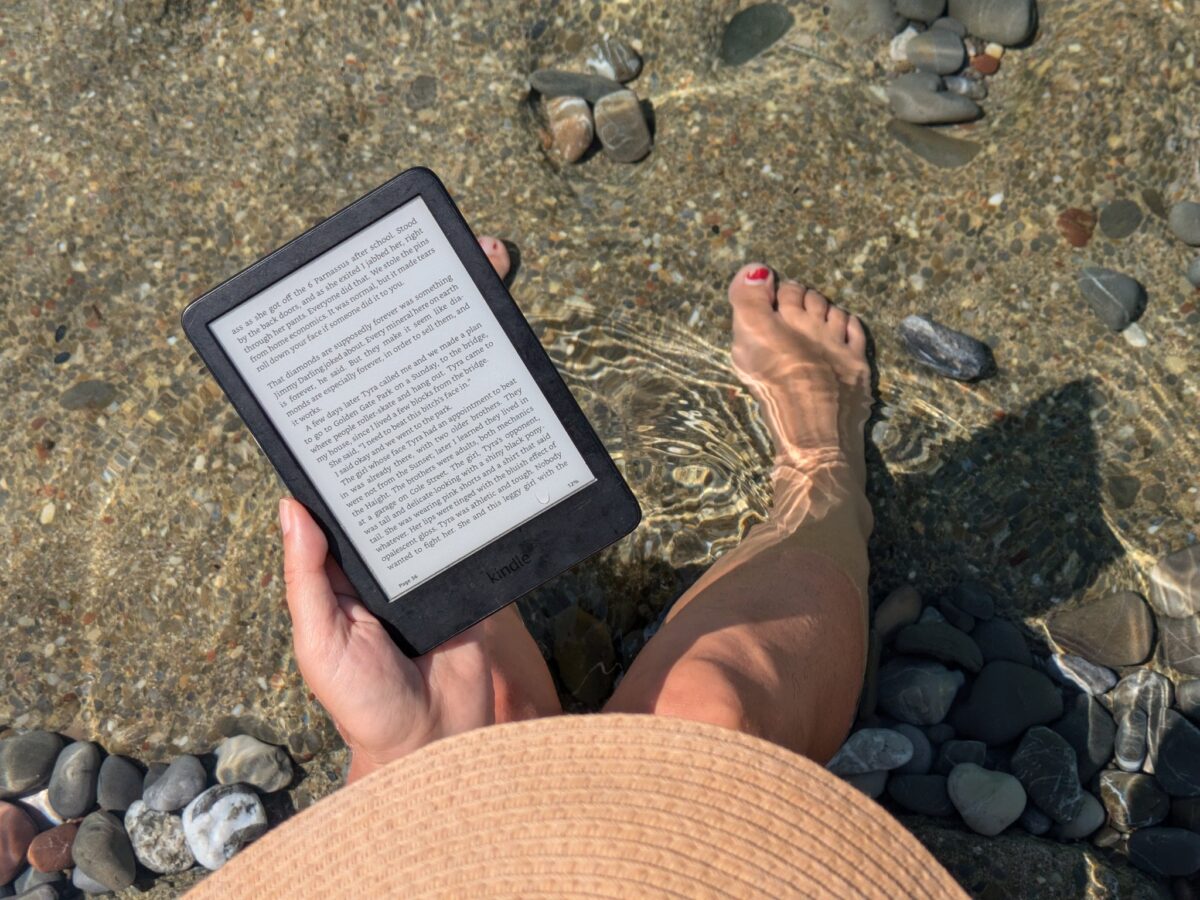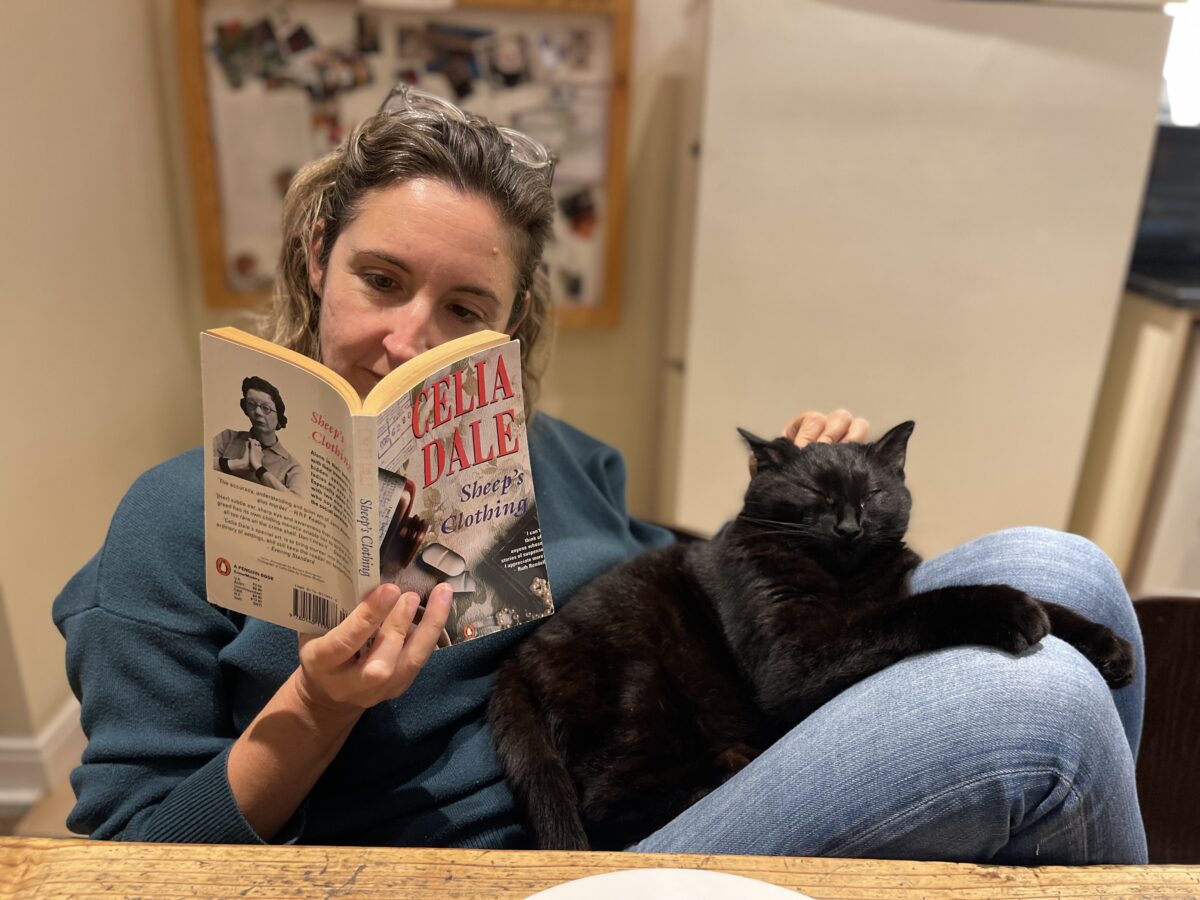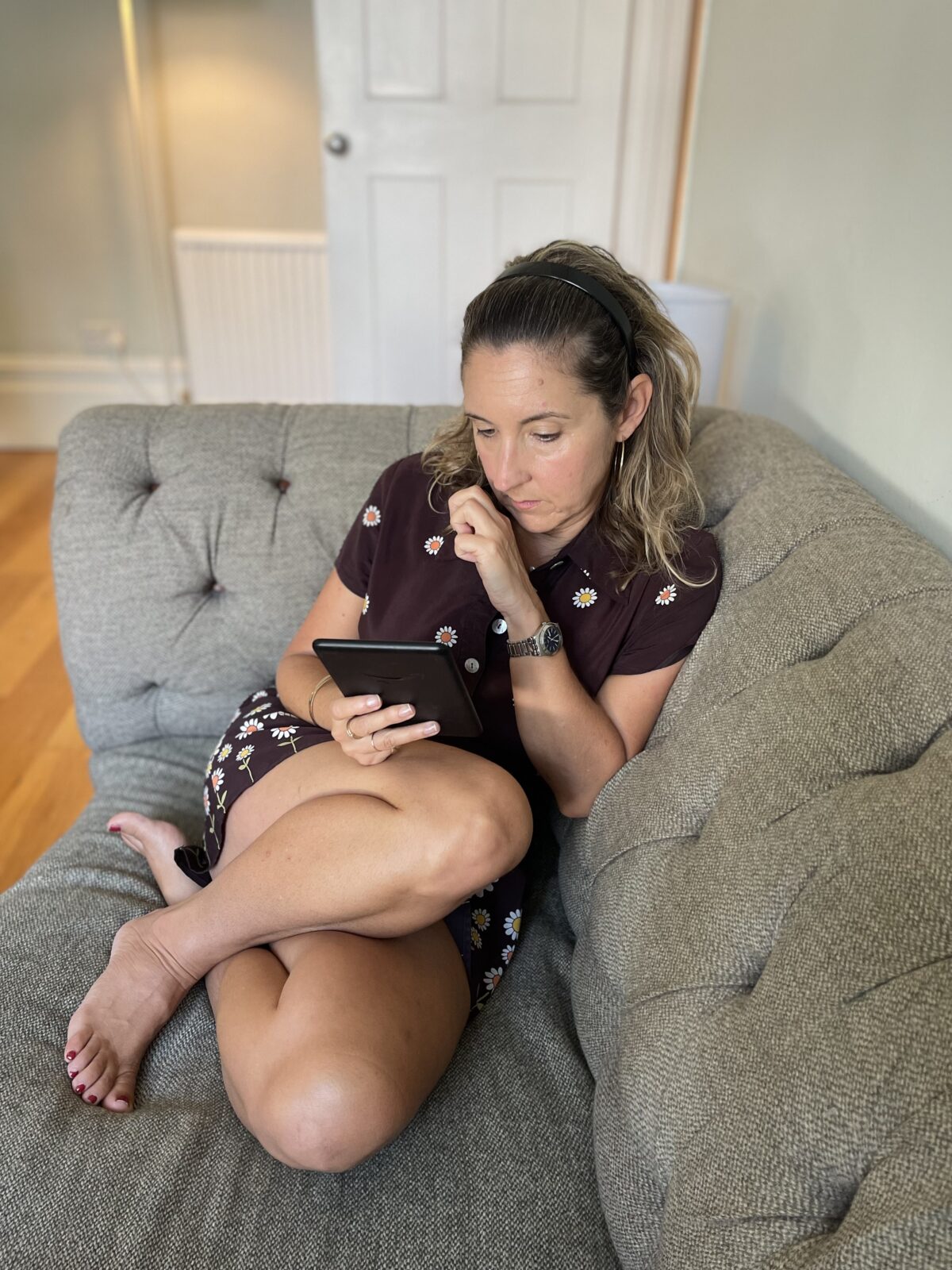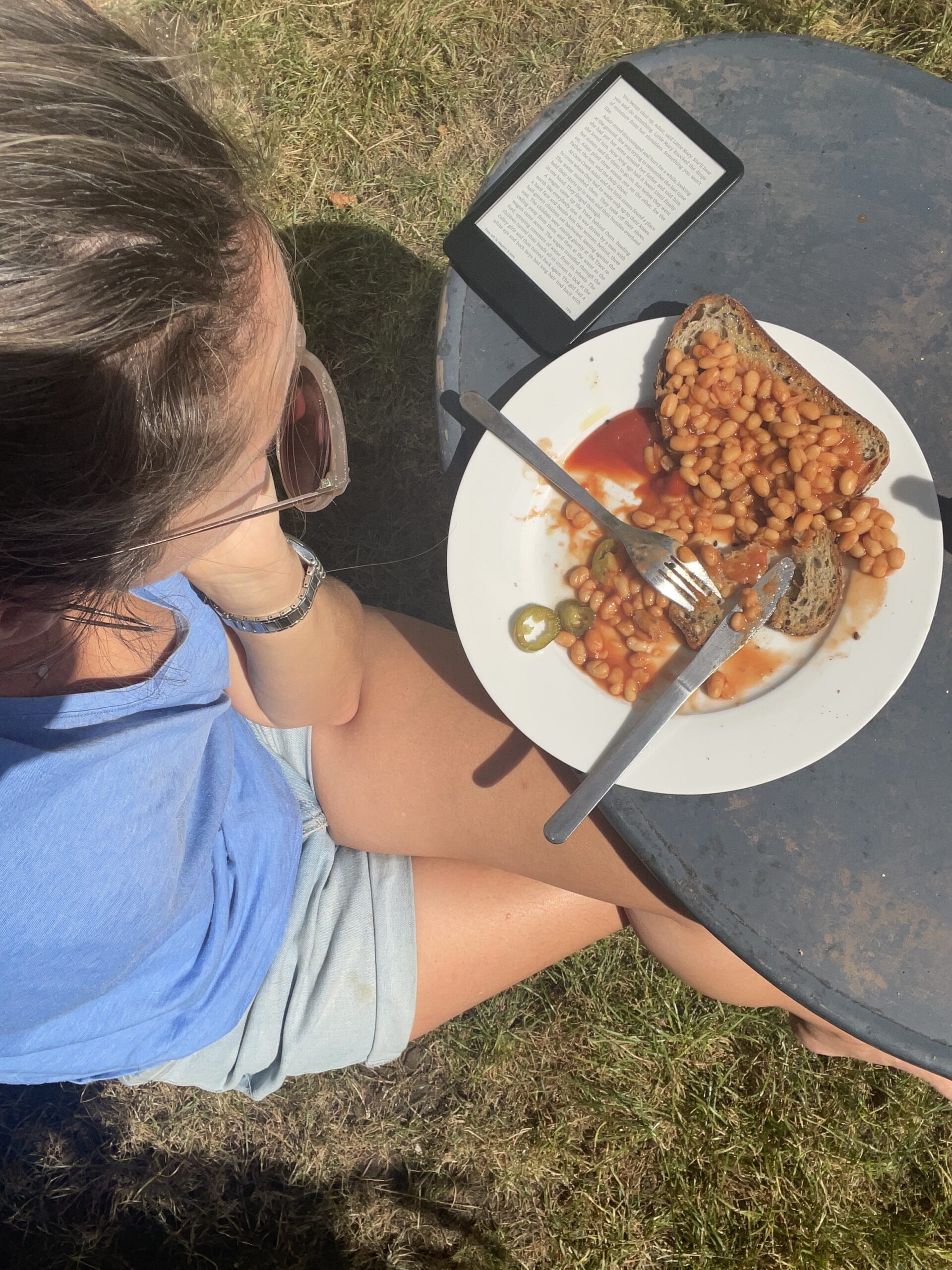I just love an ordinary person’s diary. This one is from a man who kept a diary from his 20s till his 80s, and is mostly extracted from his 40s (during the nineteen sixties). They are mostly about sex, and especially about sex workers. I have no idea if this is what all of the diaries are about, or if this is just this editor’s interest.
The editor inserts himself into the story quite a lot. He was a TV researcher when he first met Mr Lucas, looking for people who were willing to talk about their experience of rent boys. He maintained a friendship with him for decades after that, in part because he wanted the diaries, and in part because he grew to like him; and indeed Mr Lucas gifted the dairies to him in his will.
They are a charming/predatory picture of a certain slice of London life. It’s fun to hear places about places you know well .in a very different context. Picadilly Circus was described as ‘the marketplace of the bugger boys’ by one judge, and it’s north railing was known as the ‘rack’ of the ‘meat market’. Or, here’s Tower Hamlets:“’Victoria Park is a great haunt of inverts. I must explore its possibilities,’ he writes in April 1949. . “
It was extremely sad to be reminded of how recently people’s lives were destroyed for being gay in the UK. At one point, the actor Sir John Geilgud was found by police ‘cruising for sex in a public lavatory’. They were worried his career was over, but Sybil Thorndike insisted he come on stage with her
“She grabbed him and whispered fiercely, ‘Come on, John darling, they won’t boo me,’ and led him firmly on to the stage. To everybody’s astonishment and indescribable relief, the audience gave him a standing ovation.”
That’s quite some allyship! Mr Lucas ended up living a bit of a lonely life, despite all the sex. He lived for decades in a house about 10 minutes walk from mine, and I plan to go past it, to salute him. It’s just amazing to think every house in London is packed with not just its current inhabitants stories but those of decades, sometimes centuries, before.










